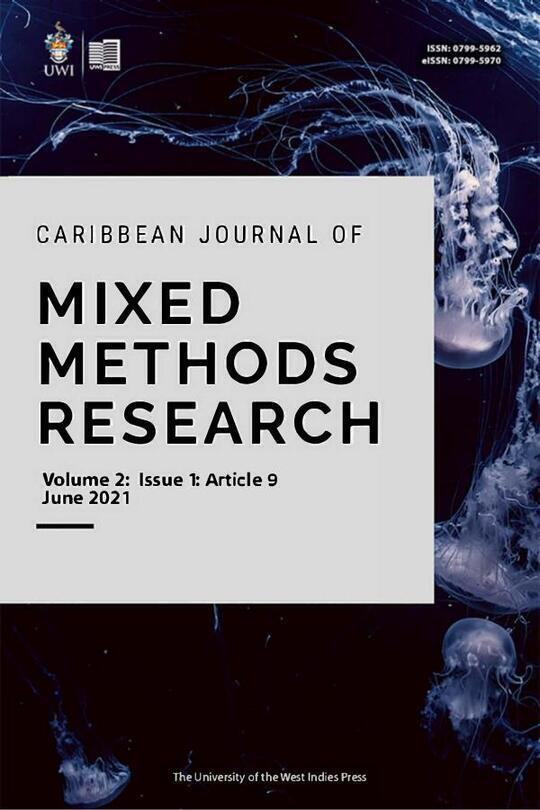An Evaluation of Mixed Methods Research Training Workshops to Enhance Skills
by Rae V. Sakakibara, Timothy C. Guetterman, John W. Creswell, Satoko Motohara,Melissa DeJonckheere, P. Paul Chandanabhumma, Srikar Baireddy, and Michael D. Fetters
Empirical research concerning mixed methods research skills development is limited despite the growing number of students and researchers participating in mixed methods research courses, workshops, and other training opportunities. Using a convergent mixed methods design, we conducted a long-term evaluation of five mixed methods workshops conducted over two years by the University of Michigan Mixed Methods Program to empirically assess mixed methods skills development. An intramethod data collection approach was used, in which quantitative and qualitative data were collected concurrently using a survey consisting of quantitative self-rated mixed methods skills items and open-ended workshop evaluation questions. In the fall of 2017, the survey was distributed to individuals who enrolled in workshops conducted between Spring 2016 and Summer 2017 to understand longer term application of mixed methods skills. Data analysis consisted of descriptive statistics, mean comparisons of follow-up self-assessment skills data with pre-workshop skills data, and thematic analysis of open-ended responses. Quantitative and qualitative data were analysed separately, and results were merged through joint display. We received forty-two valid responses. In the follow-up survey, participants reported having significantly higher mixed methods knowledge and skills compared to pre-workshop assessment data. Seven participants (17.1%) reported they published peer-reviewed mixed methods articles and seven participants (17.1%) reported they received grant funding for mixed methods projects since attending workshops at the University of Michigan. Qualitative analysis revealed four themes providing information about workshop experiences that helped participants achieve scholarly outcomes and skills development. These were 1) hands-on approaches to learning, 2) expert and peer feedback, 3) helpful topics, and 4) optimal timing to attend workshops. Based on these findings, we present recommendations for teaching approaches that can help learners effectively build mixed methods skills.












